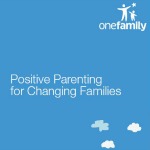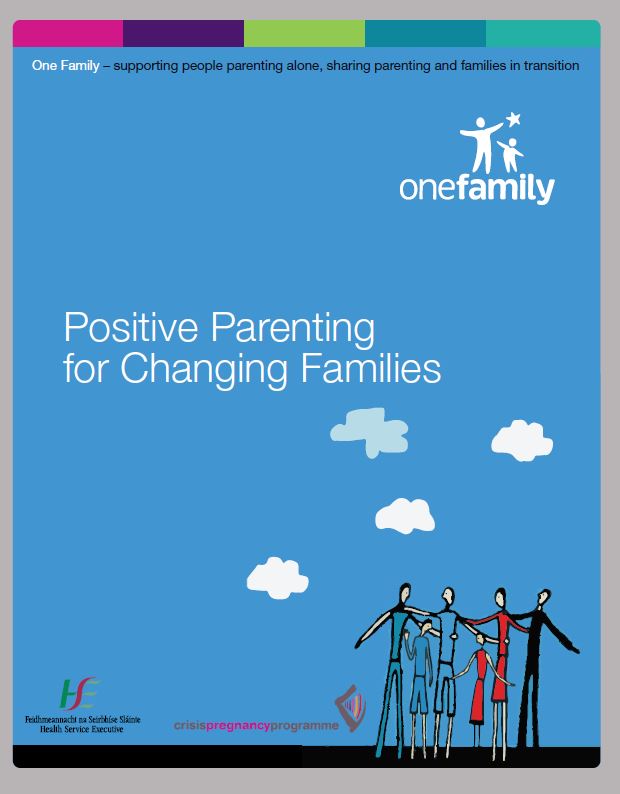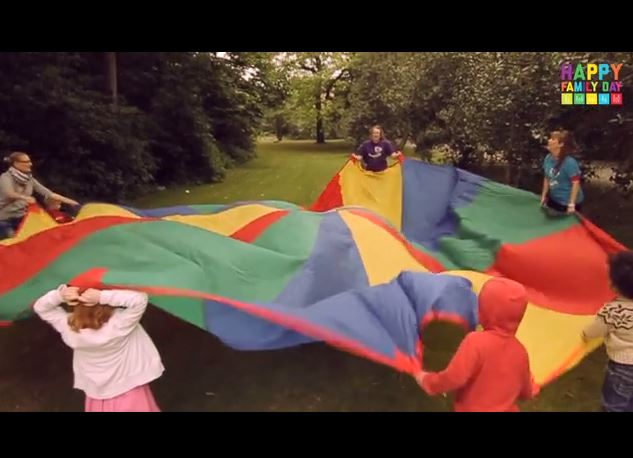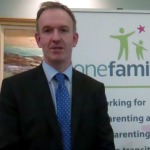10 Ways to Achieve Successful Shared Parenting Over Christmas
 Christmas doesn’t have to be a difficult time for parents who do not live together and share parenting of their child. There are, of course, things that will need to be worked out. What is most important is to do this well in advance, agreeing to solutions and a plan. Agree your plan now in November, to help ensure a happy, fun-filled Christmas for all members of the family, centered around your child. Read on for this week’s parenting tips which explore how parents can achieve successful shared parenting over the Christmas season.
Christmas doesn’t have to be a difficult time for parents who do not live together and share parenting of their child. There are, of course, things that will need to be worked out. What is most important is to do this well in advance, agreeing to solutions and a plan. Agree your plan now in November, to help ensure a happy, fun-filled Christmas for all members of the family, centered around your child. Read on for this week’s parenting tips which explore how parents can achieve successful shared parenting over the Christmas season.
- Start thinking it through and planning now.
- Plan with your child. Talk with your child about Christmas and explore with them that it lasts for more than one day.
- Tell them that both you and their other parent love them and enjoy time with them at Christmas. Ask your child how they would like Christmas to look. Talk with them about the options available.
- Try to hear your child in this. Most parents prefer to have their child with them on Christmas Day, and in many separated families it is not possible. See Christmas Eve, Christmas Day and St Stephen’s Day all as Christmas. You will have to agree if each year one of you has the children with them on the 25th and the other parent has them on the 24th or 26th.
- Talk with your child’s other parent. Ask them what they hope Christmas will look like and then start to negotiate on contact. Use assertive communication skills. Try not to jump in with a no straight away to what they hope for. Think of your child’s needs and how best you can both meet them. Don’t have these discussions in front of your child.
- Children love Christmas – if they don’t have parents arguing over them. All the gifts in the world won’t help if your child is distressed or worried. Talk and plan in advance and avoid conflict. Give each other space to think about what the other parent wants, then talk again about your shared plans.
- Explain to your child what will happen and that you and the other parent will try your best to ensure they have the Christmas they hope for. Make sure your child has the information they need in advance.
- Children are not going to object to two Christmases. Santa can leave gifts in both homes. Santa knows, of course, that some children have two homes. Families comes in all kinds of shapes and sizes.
- Talk about buying the gifts early on. Both parents usually want to be involved in this. Can each of you buy your own gifts from your child’s list and agree to give them on the one day or over two days? Often children get too much on the 25th – maybe they would appreciate receiving the gifts more spread out. Children need to share the excitement with both parents.
- If you need help to communicate with each other, seek professional support from services such as One Family’s Mediated Parenting Plans or Parent Mentoring services so you can make plans for a Christmas that everyone can look forward to.
Next you might like to read 10 Ways to Successful Shared Parenting.
This article is part of our weekly ’10 Ways to’ series of parenting tips, and is by One Family’s Director of Children and Parenting Services, Geraldine Kelly. Coming soon: 10 Ways to Explain an Absent Parent and 10 Ways to Nurture Your Role as a Stepparent.
LIVE Facebook Q&A with Geraldine on shared parenting over Christmas on Monday 10 November from 11am-12pm on One Family’s Facebook page. Join in and post your questions.
Find out more about our parenting skills programmes and parent supports. For support and advice on these or any related topics, call askonefamily on lo-call 1890 66 22 12 or email support@onefamily.ie.









 Halloween, having its roots in the Gaelic Samhain festival, is traditionally a wonderful time for family fun and games in Ireland and in other parts of the world! As parents, we need to take precautions to ensure the safety of our children. If you are driving anywhere, remember to slow down and watch out for excited little trick-or-treaters. Following some guidelines for safety won’t take away from the fun. As part of our 10 Ways to weekly series of parenting tips, here are 10 Ways to Make Halloween Fun and Safe.
Halloween, having its roots in the Gaelic Samhain festival, is traditionally a wonderful time for family fun and games in Ireland and in other parts of the world! As parents, we need to take precautions to ensure the safety of our children. If you are driving anywhere, remember to slow down and watch out for excited little trick-or-treaters. Following some guidelines for safety won’t take away from the fun. As part of our 10 Ways to weekly series of parenting tips, here are 10 Ways to Make Halloween Fun and Safe.


 Parents often worry that their toddlers aren’t getting enough nutrition, and ensuring that they do is an important job. Toddlers are known for going through a ‘fussy’ or ‘picky’ eater stage as part of their developmental process. This week in our parenting tips series, 10 ways becomes 15 ways as we explore how parents can take steps to make sure mealtimes aren’t a battleground, our toddlers get the nutrition they need, and how to encourage them to eat.
Parents often worry that their toddlers aren’t getting enough nutrition, and ensuring that they do is an important job. Toddlers are known for going through a ‘fussy’ or ‘picky’ eater stage as part of their developmental process. This week in our parenting tips series, 10 ways becomes 15 ways as we explore how parents can take steps to make sure mealtimes aren’t a battleground, our toddlers get the nutrition they need, and how to encourage them to eat.